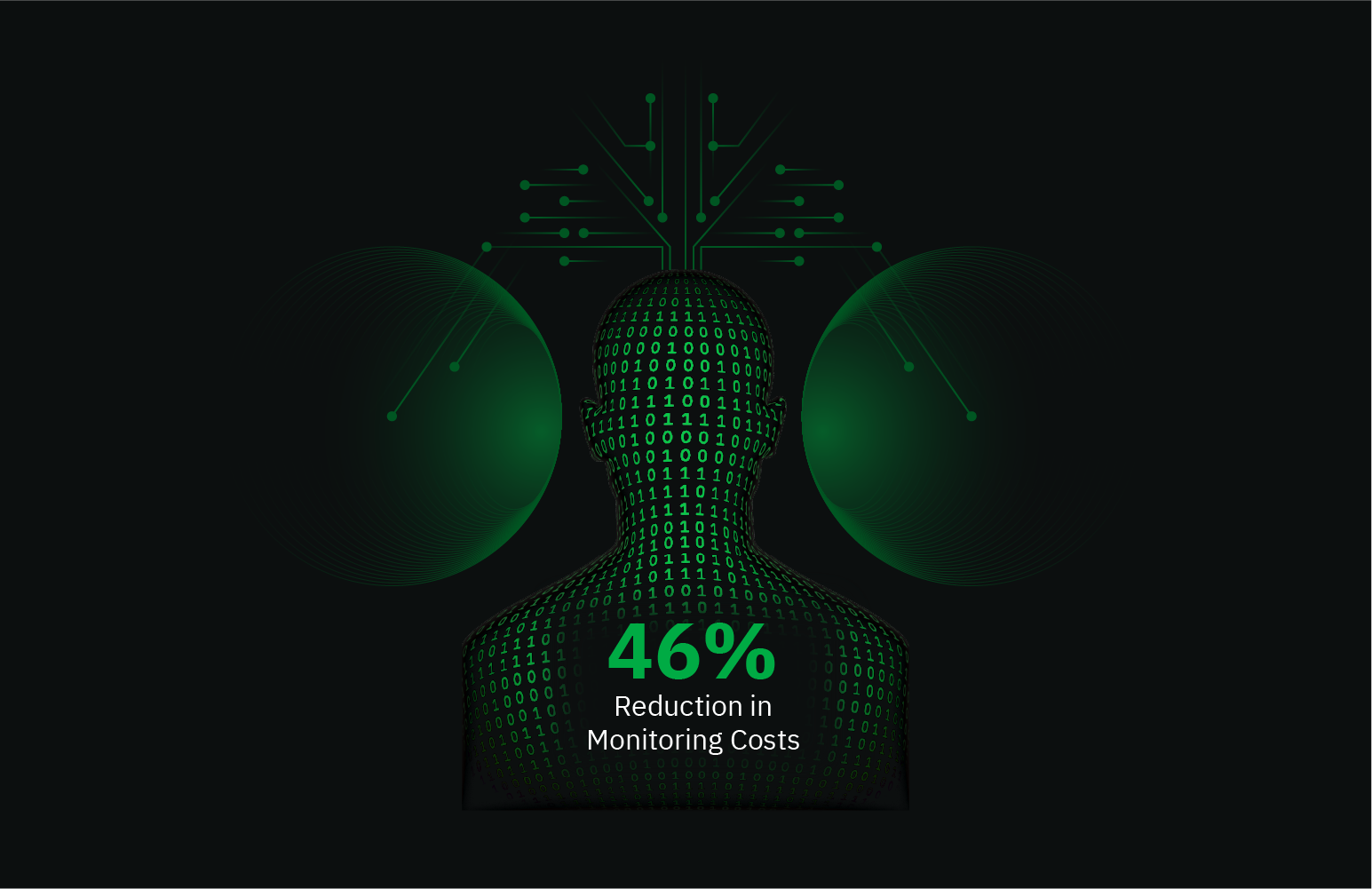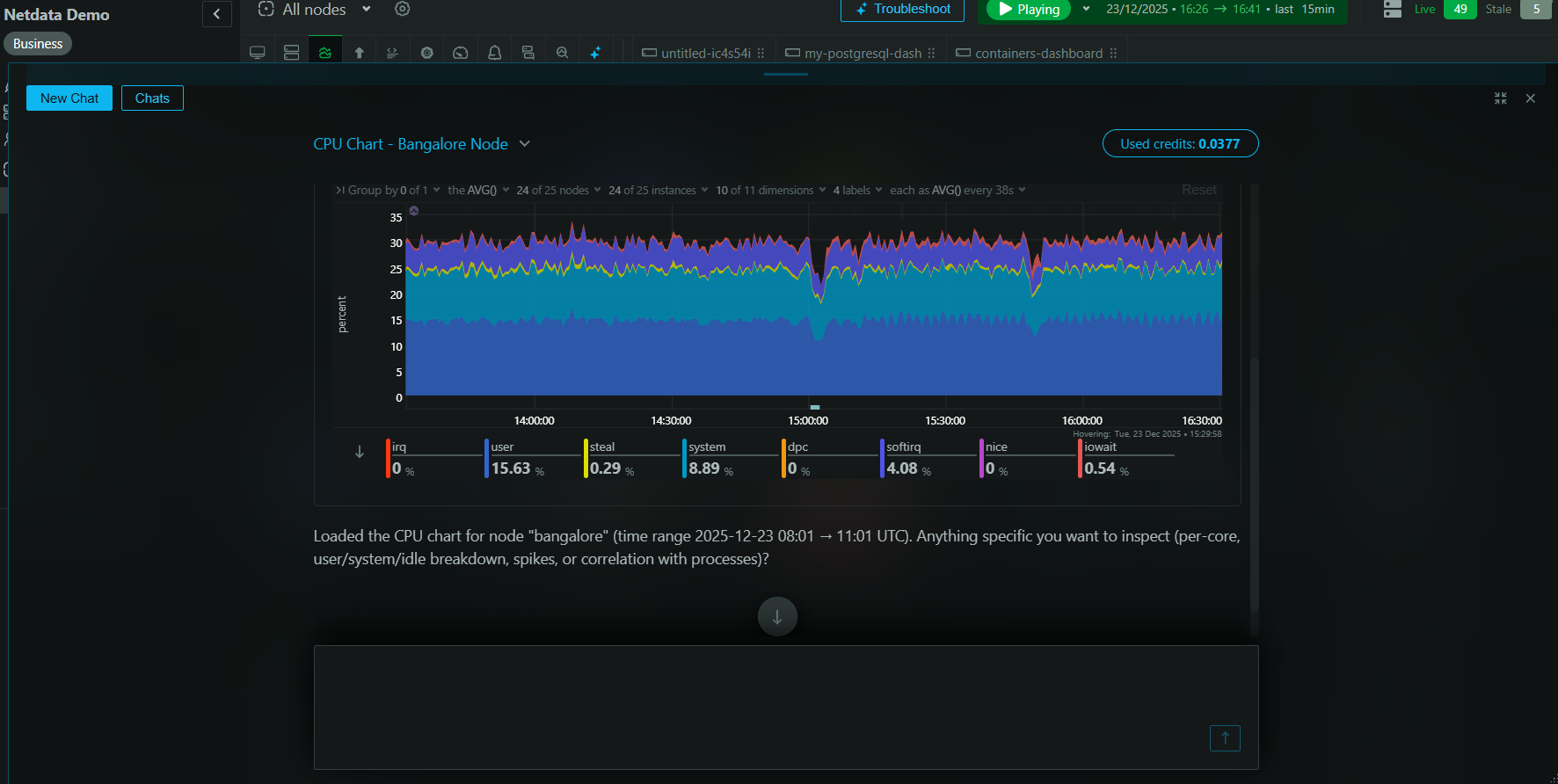Systemd Units Monitoring
What Is Systemd Units?
Systemd Units represent the entities managed by systemd, a powerful init system and service manager for Linux operating systems. It is at the core of various Linux distributions and offers a suite of functionalities for managing system services. Understanding and monitoring Systemd Units is crucial for ensuring the health and performance of your operating systems as they define how a service is started, stopped, and managed.
Monitoring Systemd Units With Netdata
Netdata provides an intuitive and efficient way to monitor Systemd Units. With the Netdata Agent’s Systemd Units collector, you can gather insightful metrics about each unit’s state, helping you troubleshoot issues rapidly and optimize system performance. By using Netdata’s real-time monitoring capabilities, DevOps engineers, SREs, and IT administrators can detect anomalies and address them before they escalate.
Why Is Systemd Units Monitoring Important?
Monitoring Systemd Units is essential because it enables proactive management of the system’s overall health and availability. It empowers administrators with the data needed to ensure services are running efficiently, identify failing services, and maintain robust infrastructure management practices. Tools for monitoring Systemd Units help keep services operational with minimal downtime, ensuring continuous availability of critical applications.
What Are The Benefits Of Using Systemd Units Monitoring Tools?
Using a Systemd Units monitoring tool like Netdata brings several advantages:
- Real-time Monitoring: Capture live data streams to gain instantaneous insights into systemd service performance.
- Detailed Analytics: Dive deep into specific metrics to understand service behavior over time.
- Proactive Alerts: Receive timely notifications about any state anomalies in systemd services, allowing immediate corrective measures.
- Scalability: Monitor Systemd Units across multiple systems seamlessly from a centralized Netdata Cloud platform.
Understanding Systemd Units Performance Metrics
Monitoring Systemd Units involves tracking several key metrics, each offering insight into various aspects of their operation:
Service Unit State
Monitors the state of a service unit, which can be active, inactive, activating, deactivating, or failed.
Socket Unit State
Tracks the state of sockets, providing insights into network services availability and performance.
Target Unit State
Evaluates the state of target units, which are used for grouping units and can significantly affect boot processes.
Path Unit State
Monitors changes and impacts on file system paths, critical for services that require specific file states for operation.
Device, Mount, Automount, Swap, Timer, Scope, and Slice Unit States
These diverse unit types encompass hardware devices, filesystem mounts, automatically mounted points, swap space, scheduled timed events, process groups, and hierarchical resource management, respectively, each with states that are crucial for determining operational integrity.
| Metric Name | Description |
|---|---|
| systemd.service_unit_state | State of service units |
| systemd.socket_unit_state | State of socket units |
| systemd.target_unit_state | State of target units |
| systemd.path_unit_state | State of path units |
| systemd.device_unit_state | State of device units |
| systemd.mount_unit_state | State of mount units |
| systemd.automount_unit_state | State of automount units |
| systemd.swap_unit_state | State of swap units |
| systemd.timer_unit_state | State of timer units |
| systemd.scope_unit_state | State of scope units |
| systemd.slice_unit_state | State of slice units |
Advanced Systemd Units Performance Monitoring Techniques
Advanced monitoring involves setting custom thresholds, configuring specific alerts for particular unit states, and utilizing parallel collector jobs for intricate monitoring scenarios. Leveraging these techniques ensures you maintain high performance and availability of your services.
Diagnose Root Causes Or Performance Issues Using Key Systemd Units Statistics & Metrics
Identifying root causes of performance degradation often involves correlating metrics from various units. By analyzing the collected data, administrators can pinpoint failing service units or resource-intensive units, enabling quick resolution.
Experience the full potential of Netdata’s Systemd Units monitoring by exploring our Live Demo or Sign Up for a Free Trial today!
FAQs
What Is Systemd Units Monitoring?
Systemd Units monitoring involves tracking the status and performance of the various components managed by systemd on Linux systems, ensuring service reliability and system availability.
Why Is Systemd Units Monitoring Important?
It is crucial for maintaining service uptime, identifying and resolving issues promptly, and ensuring that all components of the system are functioning as expected.
What Does A Systemd Units Monitor Do?
A Systemd Units monitor collects and evaluates data about systemd-managed services, sockets, devices, and other entities to provide insights and alert users to failures or performance issues.
How Can I Monitor Systemd Units In Real Time?
Leverage Netdata’s powerful real-time monitoring capabilities by integrating the Systemd Units collector. Utilize Netdata Cloud for centralized dashboarding and oversight.









